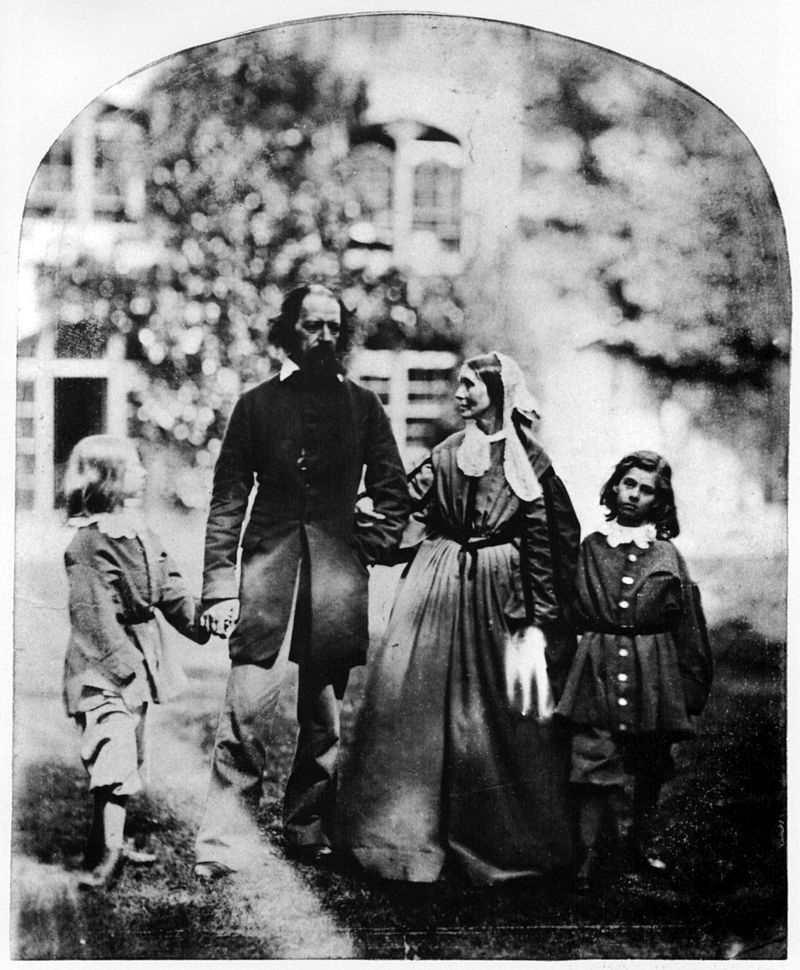11. Alfred, Lord TennysonRizpah

I first encountered it in an anthology edited by my old mentor, editor and friend, August Derleth. He did a book back in the 40s for Arkham House, of macabre and supernatural poetry, called Dark Of The Moon. He had Lovecraft, Donald Wandrei and folk like that from the Weird Tales era, but he also had the classics. The poem that I’d not previously known, that got to me most strongly was Rizpah, a narrative poem, first person, in the persona of a dying woman whose son has been hanged for robbery and who is haunted by, it would appear, his ghost, who is going to take her off to the next life. Or perhaps, it’s a study of psychological breakdown, or very possibly it’s both. It seems to me one of the great early examples of that ambiguity. There are some very macabre lines. It’s astonishingly modern in its way. It’s just the voice of slightly demented that he seems to have captured so well. She is in fact addressing someone who has come to care for her at her deathbed. There’s a real eeriness to this that I find very haunting, always have. It’s something that I like very much about Tennyson, like a composer like Mahler, that he’s got one foot in the tradition and very much straining the other foot into modernity, into developing something new and I find it very exciting. I’m also reminded that Tennyson and Poe admired each other’s work, and I do see the shadow of Poe here.


